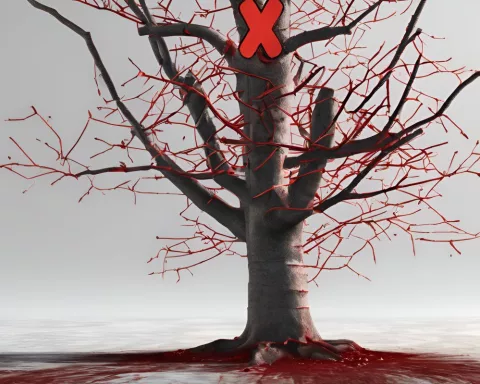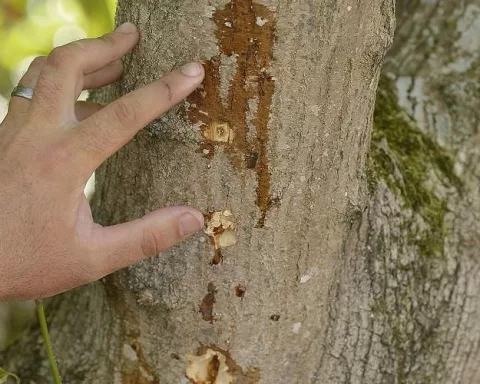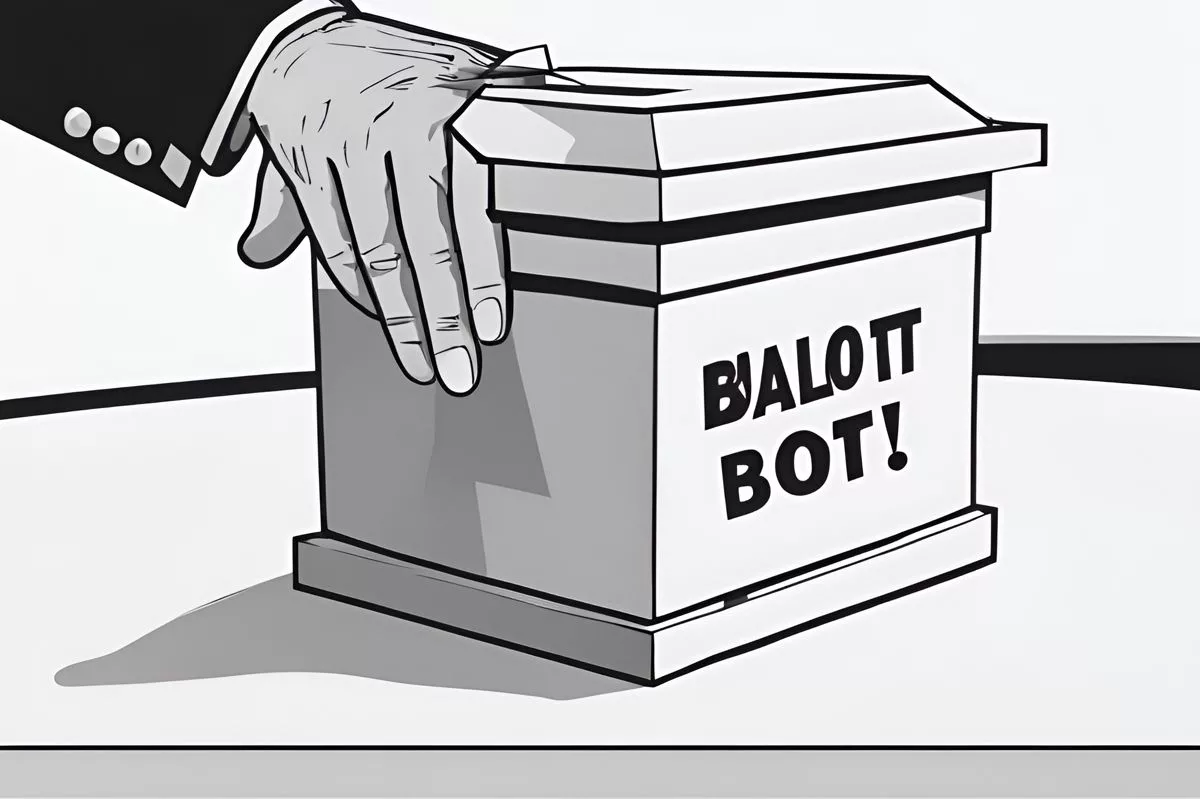Cape Town is fighting the Polyphagous Shot Hole Borer beetle with a free education initiative. The program aims to educate businesses and residents on identifying and managing the beetle to mitigate the damage it inflicts on the city’s urban forest. The training covers infested tree identification, correct protocols for managing and transporting affected biomass, and responsible green waste transportation. Residents and businesses are encouraged to report sightings of the beetle and attend the free training sessions to maintain their gardens in a safe and eco-friendly manner.
What is Cape Town’s Free Education Initiative for the Polyphagous Shot Hole Borer Beetle?
Cape Town has launched a complimentary training program aimed at educating businesses and residents on identifying and managing the Polyphagous Shot Hole Borer beetle (PSHB). The initiative aims to mitigate the damage inflicted on the city’s urban forest by empowering all stakeholders with the necessary knowledge to fight the infestation. The training sessions cover infested tree identification, correct protocols for managing and transporting affected biomass, and responsible green waste transportation. The City urges residents and businesses to report any sightings of the PSHB beetle and attend the free training sessions to maintain their gardens in a safe and eco-friendly manner.
Cape Town has embarked on a unique mission to mitigate the extensive damage inflicted by the Polyphagous Shot Hole Borer beetle (PSHB). To achieve this, the City has rolled out a complimentary training program aimed at enlightening formal and informal businesses dealing with trees and plant matter. This initiative aims to empower these businesses to identify infested trees, and understand the correct protocols for managing and transporting affected biomass, thereby hindering the rampant spread of the beetle.
This invasive pest has already inflicted considerable damage in several districts such as Newlands, Rondebosch, Mowbray, Claremont, Kenilworth, and Observatory along the Liesbeek River. The Helderberg region is the worst impacted, with over 4,832 infested trees identified since 2019. The escalating numbers necessitate an urgent response, prompting the City’s proactive initiative.
The PSHB is particularly concerning due to its potential threat to Cape Town’s urban forest. Infected trees require chipping and, unfortunately, no pesticides or fungicides have proven successful in eradicating the beetle from affected trees. The City, therefore, is attempting to leverage the collective efforts of both residents and businesses who handle plant material. Through free training sessions, the City hopes to empower all stakeholders with the necessary knowledge to fight this infestation.
Locations and Details of the Educational Sessions
The City will conduct these educational sessions at several locations, including Parow, Strand, and Masiphumelele. To participate, interested parties can RSVP by sending an email to the City’s Invasive Species Unit.
The unchecked PSHB beetle can spread across suburbs with alarming speed. The beetle isn’t just transmitted through infected wood; it can also travel via clothing, vehicle crevices, and dirty gardening tools. Therefore, an important aspect of the training will focus on teaching residents and businesses about the correct procedures for managing infested trees and biomass.
The training will cover a range of topics: how to identify infested trees, the steps to follow when an infested tree is identified, handling and disposing of infested biomass safely, transporting green waste responsibly, and efficient handling of equipment and machinery to prevent the beetle’s spread. This initiative will be particularly useful for businesses involved in landscaping and gardening, like gardeners, nurseries, horticulturists, tree fellers, and woodcutters.
Training for Residents: Safeguarding Private Property
The City also encourages residents, especially those with private properties, to attend these free training sessions. The knowledge obtained will enable property owners to maintain their gardens in a safe and eco-friendly manner.
The infestation signs are conspicuous: branch dieback, gumming, entry and exit holes, and staining. It’s crucial to chip infected trees on-site and to avoid taking the chipped wood off the property, as this could possibly spread the beetle to other locations.
The City implores residents and businesses to report any sightings of the PSHB beetle through their online portal, by making a phone call, or via an email to the City’s Invasive Species Unit.
Effective Measures for Handling Infected Trees
Once a tree is recognized as infested, the correct response includes chipping the tree, putting the affected material in refuse bags, and exposing them to direct sunlight for a minimum of six weeks. Infected wood chips can also be incinerated at suitable facilities.
The City advises against relocating plant/tree material or firewood from areas confirmed to be infested with the PSHB beetle to other locations. Green waste should be transported in covered vehicles only, and tools used for pruning plants should be thoroughly cleaned after each use.
The City intends to verify a reported sighting within 10 working days, although the actual response time might fluctuate based on the volume of reported sightings. By providing free training and advocating responsible practices, the City is not just battling the PSHB menace, but also promoting a sense of civic responsibility in preserving the urban forest for future generations.
How does the Polyphagous Shot Hole Borer beetle infest trees in Cape Town?
The Polyphagous Shot Hole Borer beetle infests trees by drilling holes in the bark and laying eggs, which hatch and burrow into the tree, causing extensive damage. The beetle is particularly concerning as no pesticides or fungicides have proven successful in eradicating it from affected trees.
Who can participate in the free training sessions?
The free training sessions are open to both residents and businesses, especially those involved in landscaping and gardening, like gardeners, nurseries, horticulturists, tree fellers, and woodcutters. Interested parties can RSVP by sending an email to the City’s Invasive Species Unit.
Where are the locations of the free educational sessions held?
The City will conduct the free educational sessions at several locations, including Parow, Strand, and Masiphumelele.
Can residents and businesses report sightings of the Polyphagous Shot Hole Borer beetle?
Residents and businesses are encouraged to report sightings of the Polyphagous Shot Hole Borer beetle through the City’s online portal, by making a phone call, or via an email to the City’s Invasive Species Unit.
What are the signs of a Polyphagous Shot Hole Borer beetle infestation?
The signs of a Polyphagous Shot Hole Borer beetle infestation include branch dieback, gumming, entry and exit holes, and staining. It’s crucial to chip infected trees on-site and avoid taking the chipped wood off the property, as this could possibly spread the beetle to other locations.
What is the correct response to an infested tree?
Once a tree is recognized as infested, the correct response includes chipping the tree, putting the affected material in refuse bags, and exposing them to direct sunlight for a minimum of six weeks. Infected wood chips can also be incinerated at suitable facilities. Green waste should be transported in covered vehicles only, and tools used for pruning plants should be thoroughly cleaned after each use.












